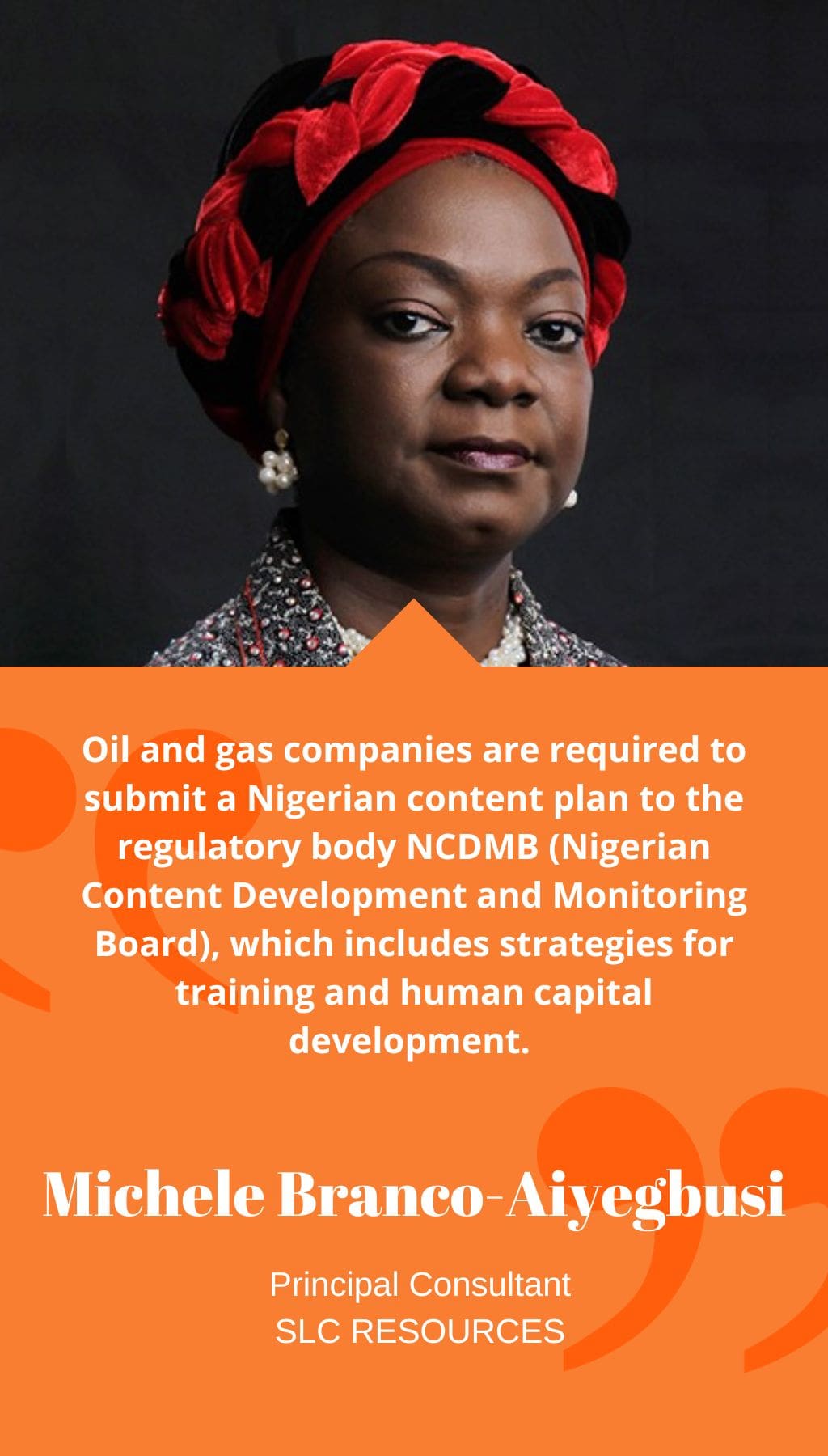
- Nigeria | 16 July 2020

Can you provide a brief overview of SLC Resources and its role in the Nigerian oil and gas industry?
SLC Resources is primarily focused on training, capacity building, and managing training programs for the Nigerian oil and gas industry. We specialize in soft skills training and collaborate with members of OGTAN (The Oil and Gas Trainers Association of Nigeria) to provide comprehensive training programs in over 12 disciplines.
Our main clients have been service providers and contractors to the upstream oil and gas industry. These service providers are responsible for training their workforce, and we work closely with them to develop and implement training programs.
While the past year has been relatively slow, we are exploring opportunities to expand our services into other sectors such as finance and fast-moving consumer goods (FMCG). SLC Resources is passionate about promoting local content and strengthening Nigeria’s human resources by providing transformative training and leadership development.
What types of training does SLC Resources provide?
In line with the NOGIC (Nigerian Oil and Gas Industry Content Development) Act and Human Capital Development guidelines, training programs are typically tailored to the duration of specific projects. Oil and gas companies are required to submit a Nigerian content plan to the regulatory body NCDMB (Nigerian Content Development and Monitoring Board), which includes strategies for training and human capital development. The plan should demonstrate a commitment to prioritizing Nigerians and Nigerian goods and services. While there is a 5% quota for expatriate management positions, a training plan must be in place for those positions to be transitioned to Nigerians.
The training provided by SLC Resources is specific to the requirements of each project. For example, if it’s an engineering contract, training will be focused on engineering disciplines. We assist oil companies and service providers in developing their training plans aligned with the project’s needs. The plans are then reviewed and approved by NCDMB.
NCDMB maintains a database for training opportunities, where individuals can register and be considered for training programs. The number of candidates trained on a project is approved by NCDMB.
In our early days, we worked on a four-year gas maintenance contract. Our responsibilities included recruiting trainees, managing their welfare, and overseeing the entire training program. While we don’t provide technical training ourselves, we excel in soft skills training and collaborate with OGTAN members for technical training. We take pride in being recognized as a leading local content consultancy in the market.
To what extent do local content provisions increase costs for International Oil Companies (IOCs)?
Local content development is not an additional cost for IOCs. At the beginning of their projects, IOCs are required to allocate 10% of their budget for training purposes. In the long run, these companies are investing in their most valuable assets—their people. Rather than seeing local content development as a cost, it should be viewed as a value-addition.
Regarding building indigenous capacity, there is a process to access funds from NCDMB, and companies need to demonstrate their readiness. However, there may be a lack of understanding about the process and how to access these funds, but they are available.
Can you provide insights into the skill set and talent pool available in Nigeria?
The private sector is working collaboratively with academia to establish programs that better prepare students for the industry. Additionally, graduates are required to complete a year-long internship to gain practical experience and enhance their readiness for careers in the industry. The potential for skilled individuals is present, and what’s needed is a conducive and enabling environment for learning and growth.














